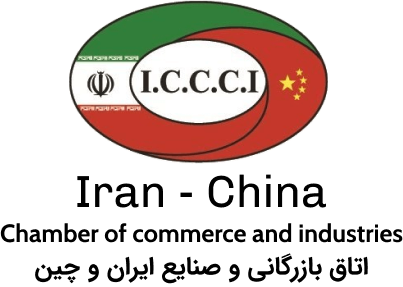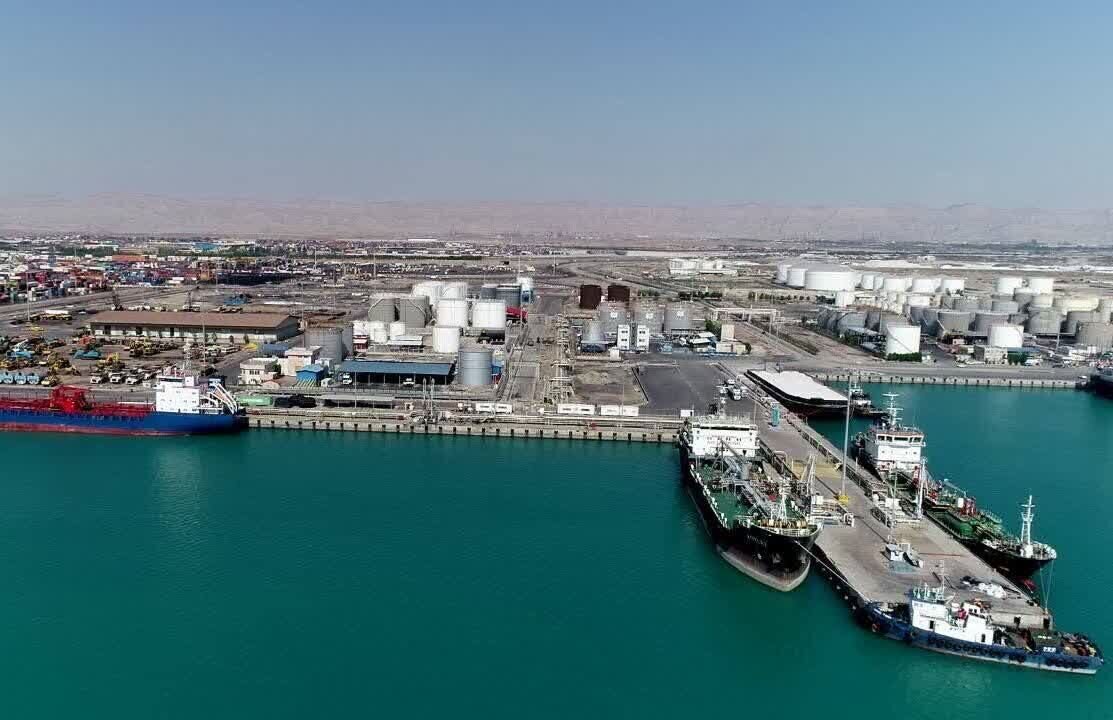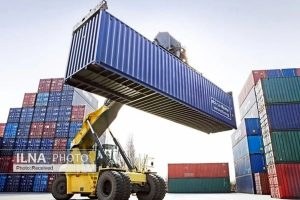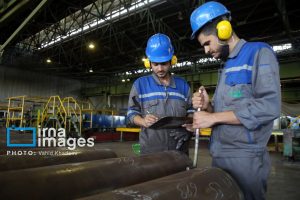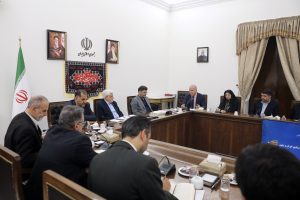TEHRAN – Director General of Economic Affairs at Iran’s Ports and Maritime Organization (PMO) has said the organization is offering attractive investment opportunities to the country’s private sector to develop the maritime economy.
Referring to the PMO’s new approach to attracting private sector investment, Hossein Yadollahi said: “There are special and extraordinary opportunities in the port and maritime sector for the private sector, which should be used in order to realize the development of the maritime-based economy.”
“Until now, we were trying to build port infrastructures (not strategic infrastructures) by using the resources of the Ports and Maritime Organization, but in the new approach, even the infrastructures inside the ports are going to be created using the private sector capabilities in the form of BOT contracts,” the official explained.
This way, it is possible to offer investments in various projects including the transfer of oil products through pipelines in specialized corridors, the construction of access roads infrastructures etc., Yadollahi said.
Back in July, PMO Head Ali-Akbar Safaei said over the past few years the organization has managed to attract nearly $1.7 billion of foreign and domestic investment in the country’s ports and maritime sector.
Speaking in a press conference, Safaei said some 620 trillion rials (about $1.24 billion) of domestic investment and $470 million of foreign investment have been attracted in the mentioned sectors.
“The attraction of this amount of private sector investment is significant compared to the total budget of the government in the sea and port sectors,” Safaei said.
According to the official, regarding foreign investment, PMO has signed contracts with five countries including India which has so far invested $120 million in the port sector and $250 million in the rail, roads, and infrastructure sectors.
Referring to the growth of maritime trade in the country, Safaei continued: “Maritime trade increased from 215 million tons in [the Iranian calendar year] 1401 (2022-2023) to 237 million tons last year (ended on March 19, 2024).”
“In the first quarter of the current year, 60 million tons of maritime trade was recorded, which shows a 10 percent growth compared to the same period last year, and even a 70 percent growth was recorded in some parts of the Caspian Sea,” he added.
Back in November 2023, Safaei said his organization was going to attract 1.0 quadrillion rials (about $2 billion) of investment in the country’s ports to develop maritime economy.
Speaking in a televised interview, the official said 470 trillion rials (about $924 million) of the mentioned figure was going to be invested by the private sector and the rest would be supplied by PMO.
“In order to realize the general development policies of the maritime sector, we need an integrated, coordinated, and agile management at the highest level,” Safaei said.
While Iran is combating the U.S. unilateral sanctions on its economy, the country’s ports as the major gates of exports and imports play a significant role in this battle. This role makes all-out support to ports and more development of them serious and vital.
Such necessity has led the government to define projects for more development of the ports and also take some measures to encourage investment making in ports, in addition to facilitating the loading and unloading of goods, especially basic commodities, there.
It is worth mentioning that Iran’s Ports and Maritime Organization has defined a high number of projects to develop and improve the country’s ports, as the country aims to double the capacity of its ports in the course of five years.
SOURCE: TEHRAN TIMES
